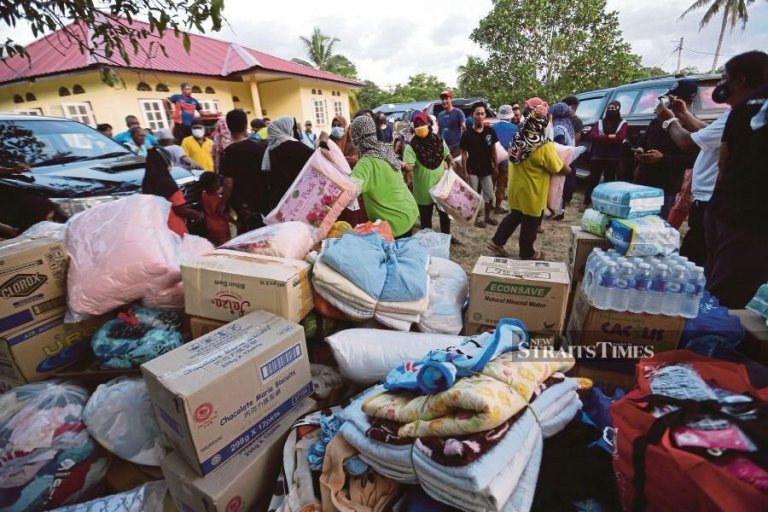Oleh Mohamad Zulhafiy Zol Bahari, Penganalisis Penyelidikan, Institut Masa Depan Malaysia
Malaysia has always been among those pluralistic societies that have achieved some success in managing national integration and avoiding ethnic conflicts.
Recently, Prime Minister Datuk Seri Ismail Sabri Yaakob declared that the government had agreed to use Bahasa Melayu, the language of unity in this country, for official addresses internationally.
Dewan Bahasa dan Pustaka board of governor’s chairman Professor Datuk Seri Dr Awang Sariyan was agreeable to Bahasa Melayu being used at all levels of the government.
This decision by the government could strengthen national integration towards the creation of a better nation.
Guiding Principle 14 of the Shared Prosperity Vision 2030 has employed the concept of unity in diversity to supplement national unity and social cohesion by focusing on social interaction platforms: national identity, harmonious ideological plurality and nation-building goals.
When Tan Sri Muhyiddin Yassin was prime minister, the government launched the National Unity Policy and National Unity Blueprint 2021-2030 to strengthen unity and national integration based on the Constitution and Rukun Negara.
Indeed, it is time for the government to take a closer look at rebuilding trust and unity in this era of robust social media, which is a powerful tool in shaping or dismantling a society.
Firstly, a political crisis might block the flow in building national unity as the Malaysian political movement has long centred on race-based political obsessions.
Secondly, socio-economic injustices, like social class inequalities or income disparities, have created tensions between major and minor ethnic groups.
How far can the New Economic Policy (NEP) enhance national unity?
Economists examining it found that the policy had, in fact, increased inequality with higher poverty rates recorded in dominant Malay or Bumiputera states, such as Kelantan, Terengganu and Kedah.
Minister in the Prime Minister’s Department (Economy) Datuk Seri Mustapa Mohamed said the Covid-19 pandemic had widened the income disparity, with 600,000 households, or 20 percent from the M40 (middle-income) group, moving to the B40 (poor) group.
Some 19.5 per cent, or 760,000 people, in Sabah were living in poverty, followed by Kelantan, with 230,000 people (12 per cent).
Thirdly, the education system could be dividing the country along ethnic lines.
Since young, we have been divided into different boxes according to our ethnicity, making it difficult for some to have good relationships with friends from other races.
Recognising how vital the spirit of national unity would be, it is time for cohesive formulae and dynamic approaches be outlined for rebuilding purposes.
We have witnessed this during the outbreak of Covid-19 and the floods, whereby many people banded together and helped each other despite their differences.
What is clear is that our faith in unity is never shaken as Malaysians continue to be a helping hand for each other.
The need to continue nurturing empathy must always be inculcated in us for us to understand racial issues from a more balanced and comprehensive perspectives.
Inclusive policies are needed to maintain the sensitivity of every race.
Policymakers should develop more evidence-based policies rather than race-based ones to avoid political interventions that could lead to public disorder or racial tension.
Cultural enhancement must start at the grassroots level, mainly through education.
This way, Malaysians will have a greater understanding of the cultural and artistic traditions of the ethnic groups.
The Education Ministry should consider making the Constitution a subject in schools so students will be more appreciative of the wisdom behind its creation and understand the provisions in it.
It is important that the constitution be integrated as part of the syllabus, as it is a duty for every citizen to be at least aware of what is contained in our constitution, which forms the binding legal framework and the rights of all Malaysians.
Efforts to achieve unity are a long and winding journey, but if the people continue with the spirit of unity, Malaysia’s image as a multiethnic, multi-religious and multicultural country will remain as a good model of a united nation.
Gambar: https://assets.nst.com.my/images/articles/oriunity_1649606414.jpg




